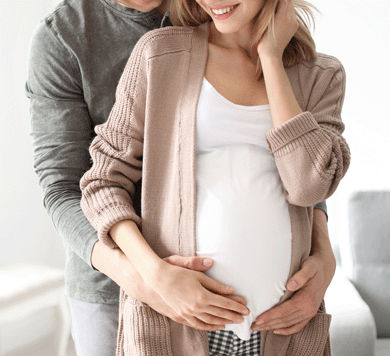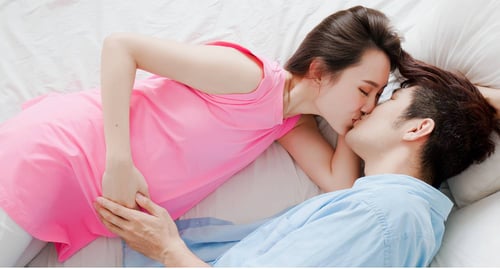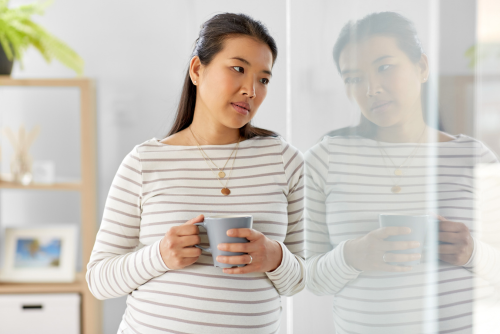- About
- Our Clinics
- Patient service categories
- Family Medicine
- Musculoskeletal Health
- Mental Health
- Specialist Medicine
- Pregnancy & Midwifery
- Women's Health
- Our Clinics
-
 Central Specialist Clinic
Central Specialist Clinic
-
 MindWorX Clinic
MindWorX Clinic
-
 OT&P Annerly Midwifes Clinic
OT&P Annerly Midwifes Clinic
-
 Family Clinic
Family Clinic
-
 Central General Practice
Central General Practice
-
 Repulse Bay
Repulse Bay
-
 Clearwater Bay
Clearwater Bay
-
 BodyWorX Clinic
BodyWorX Clinic
-
 Central Specialist Clinic
Central Specialist Clinic
-
 MindWorX Clinic
MindWorX Clinic
-
 OT&P Annerly Midwifes Clinic
OT&P Annerly Midwifes Clinic
-
 Family Clinic
Family Clinic
-
 Central General Practice
Central General Practice
-
 Repulse Bay
Repulse Bay
-
 Clearwater Bay
Clearwater Bay
-
 BodyWorX Clinic
BodyWorX Clinic
-
 Central Specialist Clinic
Central Specialist Clinic
-
 MindWorX Clinic
MindWorX Clinic
-
 OT&P Annerly Midwifes Clinic
OT&P Annerly Midwifes Clinic
-
- Our Clinics
- Paediatrics
- Wellness
- Packages
- Resources
- Contact
- Insurance
- Store
Women’s Services
Your Pregnancy at Week 20
This week, your baby is as big as an banana.
The following information was reviewed by Dr. Chor, Michael
At A Glance

Gender of the baby
The basic structural development of the baby is nearly complete. The uterus of a baby girl will be fully formed and the testicles of a baby boy will be moving to the scrotum to grow.
Entering a stable period, small travel can be arranged
The second trimester is often hailed as the best time for pregnant women to travel. The symptoms of discomfort that plague the first trimester have subsided, and women are generally feeling their best at this point in their pregnancy.
Baby Development at 20 Weeks
The fetus begins to develop five senses
Baby's facial features, such as outer ears and eyes, develop and take shape, and hair and nails continue to grow. Regardless of vision, smell, hearing, touch, and taste, they gradually become developed and begin to respond to external stimuli.
The fetus begins to produce meconium
Baby's facial features, such as outer ears and eyes, develop and take shape, and hair and nails continue to grow. Regardless of vision, smell, hearing, touch, and taste, they gradually become developed and begin to respond to external stimuli.
A white layer of oil on the skin
Vernix is a white, oily substance that protects babies' skin from drying out. It's normal for vernix to be present at birth, and it usually goes away on its own within the first week or so after baby is born.
Your Pregnancy Symptoms at Week 20
Enlarged uterus, change in centre of gravity
The top of your uterus is now about the height of your belly button, and you've probably gained about 4-5kg. From now on, you can expect to gain an average of 0.2-0.45 kg per week.
Due to the enlarged uterus, you may feel that the center of gravity of your body has changed. When sitting, you may feel pressure on your back and it may affect your breathing. Pay more attention to posture and slow down your movements.
As your abdomen bulges in the second trimester, you should be careful with various sexual positions when having sex during pregnancy.
Round ligament pain
Round ligament pain is a sharp, brief cramping from the lower pelvis that you may experience due to increased tension in the muscles and ligaments around the uterus. This pain can also be caused by exercise.
Slow urination, beware of urethritis
As pregnancy progresses, the expectant mother's ureteral peristalsis (the movement of urine through the kidneys and bladder) slows down. This can cause urine to back up and lead to urinary tract infections (UTIs). According to statistics, one in every six women will experience a UTI during pregnancy. If a UTI is left untreated, it can develop into acute cystitis or acute pyelonephritis, which increases the risk of premature delivery. Therefore, mothers-to-be should drink plenty of water and urinate regularly to help prevent UTIs.
Advice from OT&P Obstetricians
According to doctors, the best time to examine the fetus' structure is during the 18th to 22nd week of pregnancy. This is when they can check for things such as the development of the brain and heart, as well as other organs. Additionally, they can observe the level of amniotic fluid and look for any abnormalities or physical deformities. The examination usually takes no more than an hour.
By the 20th week of pregnancy, the weight of the stomach will have increased and the uterus will have enlarged, which can compress the lower limbs and affect blood return in the veins. This may cause problems such as constipation and varicose veins. It is recommended to:
- Sleeping with your feet elevated at night can help improve circulation and reduce swelling.
- Lie on your back to prevent the uterus from pressing on the inferior vena cava and affecting blood flow to the lower extremities.
- Wearing compression stockings can also help relieve swelling in the legs.
At OT&P, we want to support you through every step of your pregnancy. Our team of obstetricians, midwives and physiotherapists can help you choose the right prenatal classes or physiotherapy to keep you and your baby healthy. Make an appointment today to learn more about how we can help you have a healthy pregnancy.
Tips for 20 Weeks Pregnant
Here are some things that you can do to help keep you and your baby healthy during pregnancy:
- Maintain good work and rest habits
- Start talking and interacting with your fetus
- Do exercises to strengthen your back muscles
- If you don't feel too much discomfort, take a small trip to relax
- Attend antenatal classes to learn more about pregnancy and childbirth
By following these tips, you can help ensure a healthy pregnancy for you and your baby.

Related Pregnancy Blogs
Related Pregnancy Services
Plan your pregnancy, birth & beyond with OT&P
Whether you’re planning for an addition to your family or are already pregnant, OT&P’s Maternity Team is here to help.
 Partner Clinics
Partner Clinics





